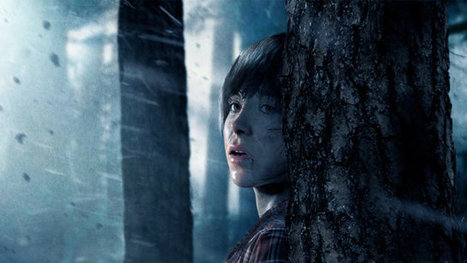by Justin Marquis
"The brain, it seems, does not make much of a distinction between reading about an experience and encountering it in real life; in each case, the same neurological regions are stimulated. Keith Oatley, an emeritus professor of cognitive psychology at the University of Toronto, has proposed that reading produces a vivid simulation of reality, one that "runs on minds of readers just as computer simulations run on computers." Fiction — with its redolent details, imaginative metaphors and attentive descriptions of people and their actions — offers an especially rich replica. Indeed, in one respect novels go beyond simulating reality to give readers an experience unavailable off the page: the opportunity to enter fully into other people’s thoughts and feelings."
(Your Brain on Fiction, 17 March, 2012)
"The immediate thought prompted by this talk of "vivid simulation of reality," and being able to "give readers an experience unavailable off the page," was that video games do this too. In fact, they could provide a more richly interactive experience than reading because they have the capability to adapt for individual users and to provide branching scenarios based on different inputs. So the question is, can video games accomplish the same objectives that the authors are attributing to reading fiction?"
Via
JackieGerstein Ed.D.
 Your new post is loading...
Your new post is loading...
 Your new post is loading...
Your new post is loading...












Emily Gera: "Video game narratives will continue to evolve based off of technology that mimics the style of film directors, according to Quantic Dream studio head David Cage during his BAFTA Games keynote in London."
Very interesting Article.
"But there is still resistance from filmmakers. Cage cited directors Steven Spielberg and George Lucas who publicly stated it's impossible to tell a story that is controlled by a player. "It's interesting to see that maybe they're not fully aware of what this industry is really doing," he said. "Because actually we are making it, we are creating interactive storytelling."
Click to read it and see if you agree -
Será??? Credo!!!